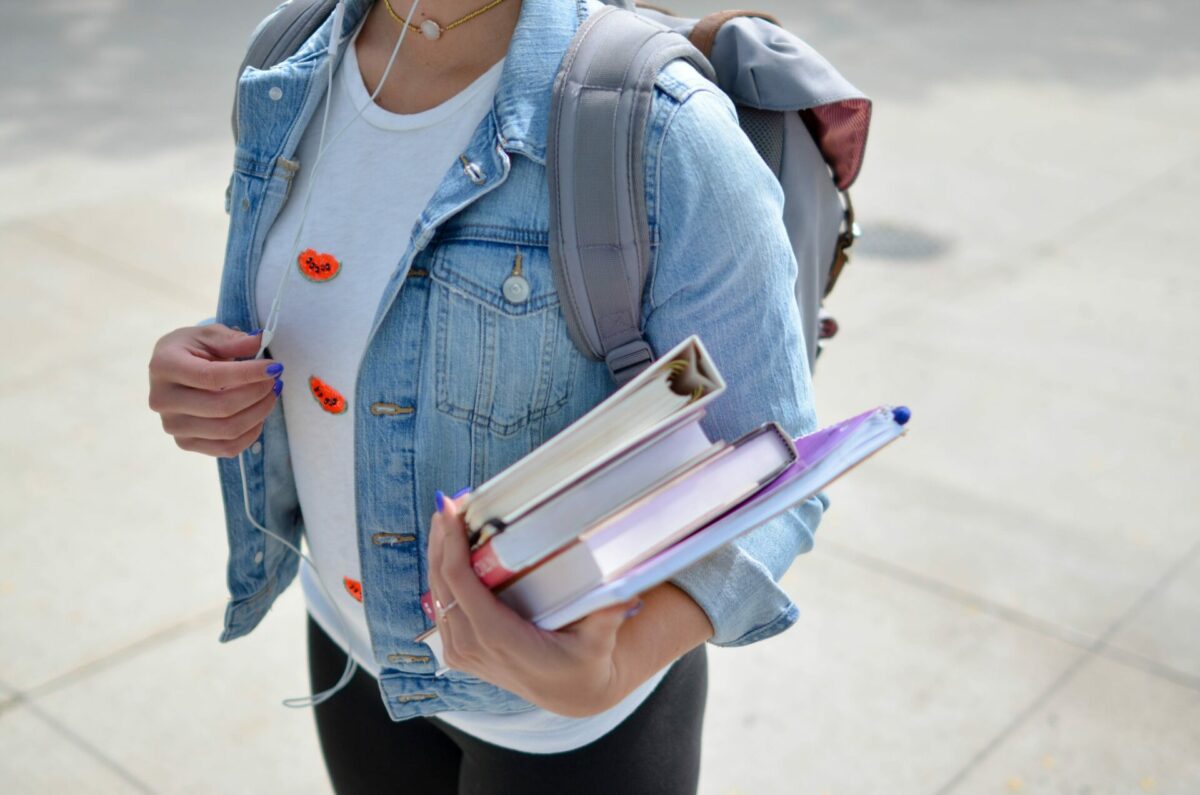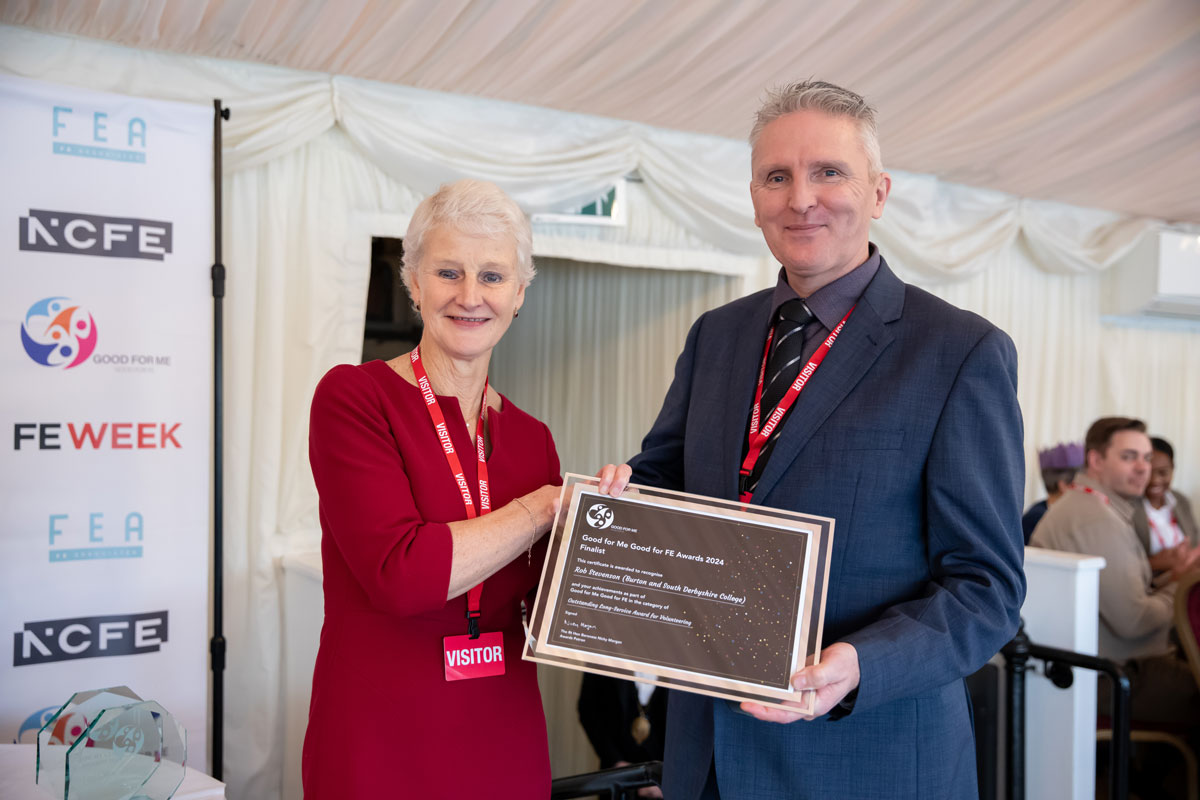Wellness Tips for Students

Add wellness tips for your students to help them manage their mental health during the school day. Use any of the following during morning announcements, in your classes, in parent newsletters, and more. You can also encourage students to share ways they are using these tips.
Self-Care
Remember to practice self-care. Self-care is vital to your success in school and life. Practice self-care by eating healthy, getting good sleep, moving a little bit every day and creating healthy relationships with family and friends.
Boundaries
Tip# 1: Realize you don’t have to please everyone. There is no way that you can make everyone happy all the time. You are not chocolate! Concentrate on making yourself happy first and you can cut out lots of stress and hassle from your life.Tip #2: Know your limits and boundaries. Accept the things you can control and the things you cannot. This will help you feel more relaxed and happy long term.
Meditation / Take a Break
Tip #1: Take advantage of meditation or yoga classes on Youtube.com. These skills can help you get a release from stress through a relaxing session of meditation and moving your body.
Tip #2: Take a break. Sometimes students overwhelm themselves with everything they have going on. If you’re feeling like you’ve got too much on your plate, cut back on the amount of work and extracurricular activities to make your schedule more manageable.
Friendships
Tip #1: Build new friendships, and work on keeping the ones you already have. A big part of school is meeting new people and forming new friendships so get out there and meet new people whenever possible.
Tip #2: Authenticity, honesty and trust are qualities we expect to find in a friend. There’s an understanding that the binding together of people in friendship helps each of us define and realize a meaningful life. If these appeal to you, work on demonstrating them to people around you.
Building Confidence Strength in Numbers
Tip #1: Build on your confidence. If you know you’re good at certain things build on the confidence you take from these activities rather than concentrating on your faults.
Tip #2: Find strength in numbers. You may have an easier time feeling good and fitting in if you find a group of students who share similar interests and values as you.
Goal Setting
Tip #1: Set realistic goals. Decide what you want to achieve academically, socially or personally, and write down the steps you need to reach your goal. Aim high, but keep it simple so it is achievable for you. Remember to celebrate the small accomplishments along the way to reaching your goal.
Tip #2: Break up your routine and do something fun or different one day. Although our routines are comfortable, a little change of pace can perk up your day. Plan a trip with friends, take a walk in a different park or hang some new pictures in your room.
Rewarding Self & Accomplishments
When you play your favorite video game there’s always a huge fanfare when you make a big accomplishment – music, flashy lights, and a “great job!” message from the computer.
When you sink a three pointer, score a touchdown, or you spike on the other team, there’s the cheer of the crowd roaring behind you.
But when you’ve gotten through the day without having a meltdown, you’ve just fixed a snack for your sibling, or finally finished that math problem that’s been bothering you … none of that happens. Our brains love to be rewarded. The chemicals associated with his make us feel good – completely naturally. But in some cases, we have to take care of ourselves and not depend on other people.
Take some time today and write down 3 things you accomplished. You can use a piece of paper, a journal, or a phone app. Make a habit of this and you’ll find that your brain loves the reward!
Mindfulness
What is mindfulness? It is paying attention in a particular way: on purpose, in the present moment and nonjudgmentally. “Bringing one’s complete attention to the present experience on a moment-to-moment basis.”
Mindfulness can help you with relaxing, reducing stress, helping your memory and keeping you from being distracted or disengaged. All things that can be helpful in school, personal life, and with relationships.
Cellphone Mindfulness Activity
Use your cellphone or a different object that you can hold in your hand if you do not have a cell phone or don’t have access to your phone to participate in this mindfulness activity.
To begin hold the object in one of your hands, close your eyes, and breathe in through your nose and out through your mouth. With your eyes still closed trace the object with your finger, notice any bumps or grooves, any buttons or scratches. Keep breathing in through your nose, and out through your mouth.
What was it like to focus on just your breath and your phone? If it was relaxing you might enjoy practicing mindfulness.
Mindful Eating
Tip #1: Slowing down is one of the best ways we can get our mind and body to communicate what we really need from food. The body actually sends a signal after about 20 minutes of eating to the brain, saying you are full. If we slow down, we can give our bodies a chance to catch up to our brains, and help with not eating more than we need.
Tip #2: Practice mindful eating. Use your five senses: sight, hearing, touch, taste and smell to observe your food before you eat. This can also help you to slow down, and allow your body to better process the food
Tip #3:. The health of our bodies on the inside is reflected in the state of our skin on the outside. The food we eat, whether through diet or supplements, may help or hurt the body’s most important organ.
For our skin to operate properly, it requires a variety of vitamins and minerals. Maintaining the health of your skin also entails keeping it moisturized. There are products that can assist increase the natural moisture and suppleness of your skin if it is dry. Collagen with Vitamin C is essential for skin maintenance.











Responses